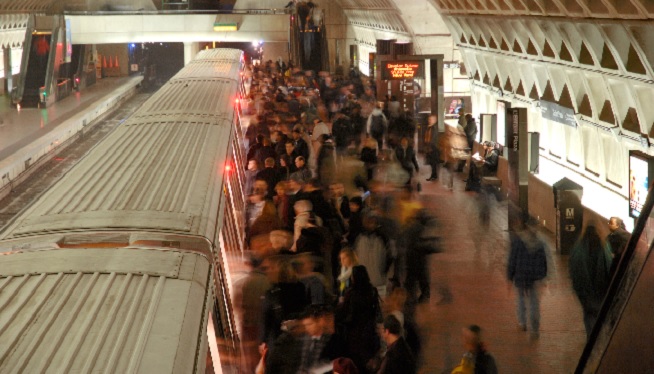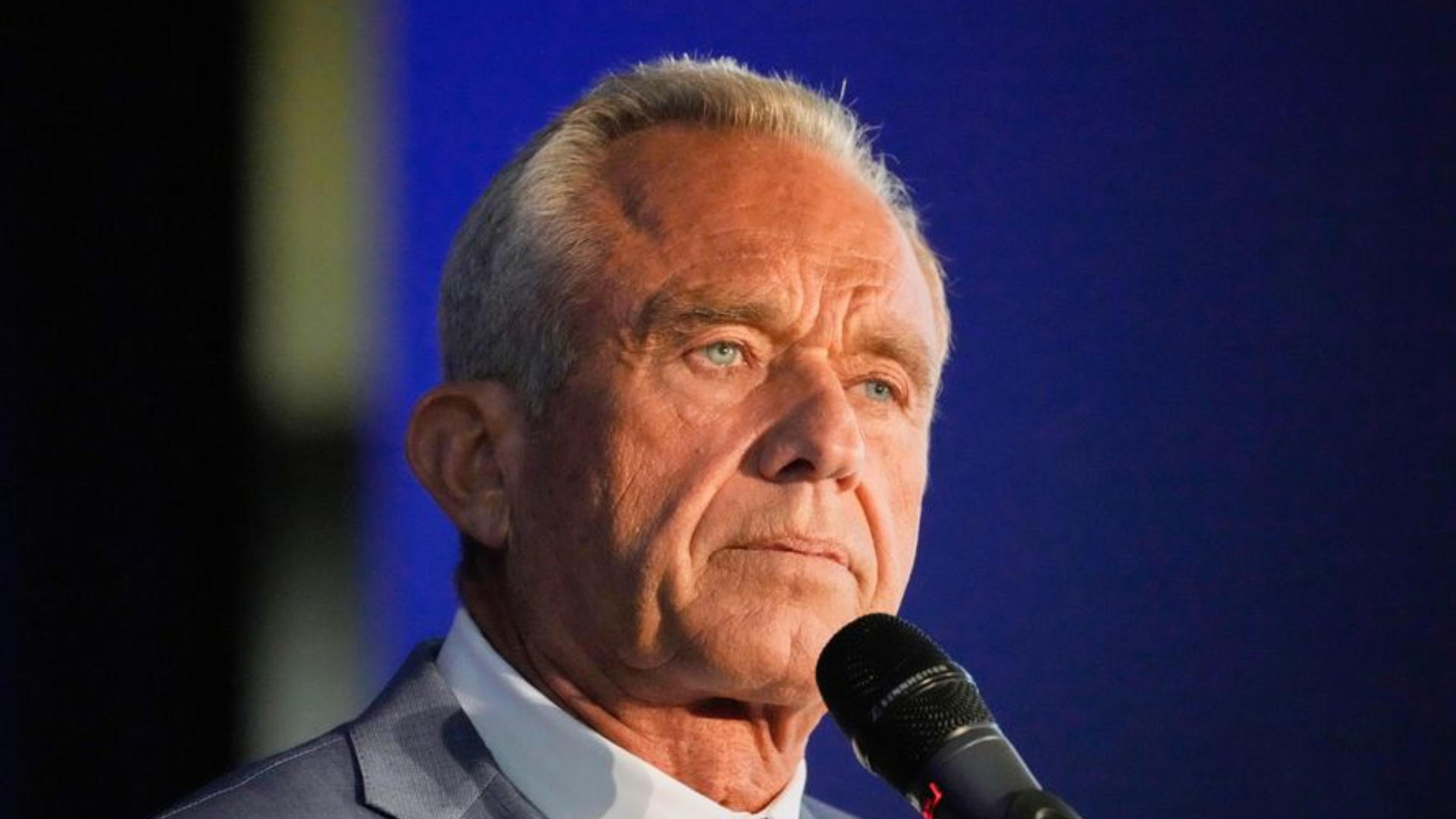Steve Burns
WMAL.com
WASHINGTON — (WMAL) Backing up a case made by Metro leaders for decades, a new study by the right-leaning American Action Forum recommends regional leaders come up with a new dedicated tax as a way of funding Metro. Metro votes on its next budget this week, with the Board of Directors expected to approve fare increases and service cuts. Even with the cost savings, Metro’s Board Chairman Jack Evans says the system may be insolvent sooner rather than later if nothing is done to change funding mechanisms.
“It’s mainly about how bad the funding sources are now,” AAF’s Philip Rossetti told WMAL’s Larry O’Connor Show, among them gas taxes and fees on parking permits. “Shift the cost burdens to people that are actually going to benefit from the system – property owners and store owners who are getting a lot of sales from that.”
Metro leaders have long advocated for an overhaul in the way Metro receives its money. It is the only major transit system in the country that does not have a guaranteed source of money each year. Instead, Metro officials are dispatched to Annapolis, Richmond, and the D.C.’s Wilson Building every year to make the case for more money, and funding levels can fluctuate based on the jurisdiction’s other needs or overall financial health.
To Rossetti, a funding overhaul could stand to fix other problems, too.
“Metro is very expensive. It’s not very cost-efficient, and the root cause of that is likely that we fund it through really ridiculous means,” he said.
Evans would tend to agree with him. He has been on a crusade since the early 1990s to get that dedicated funding source. The challenge now, he said, is creating a sense of ownership among state legislators who can enact those kinds of taxes.
“The legislators are always acting as if this is my problem. This isn’t my problem. This is their problem. This is their asset,” Evans told WMAL. “This is how their constituents get around. This how their economy is going to function. This is what created value on their land around these Metro stations.”
Evans and the Board of Directors are expected to approve a budget this week for the next fiscal year that includes fare increases and service cuts. Even with the cutbacks, Evans said things will be getting dire quickly.
“We’ll get through Fiscal Year ’18, which will end on June 30, 2018. And then we’re out of money,” he said.
Among their options, Evans said, is shutting the system down entirely, or continuing to siphon money from maintenance and capital needs, in which case, “you will have the system you have – an unreliable, somewhat safe, embarrassment for the nation’s capital.”
The only solution that leads to a well-functioning system, Evans said, is dedicated funding.
“There is no solution two. If we do not get that, the system will continue to deteriorate, and remain an embarrassment to the United States of America.”
Copyright 2017 by WMAL.com. All Rights Reserved. (PHOTO: WMATA/Larry Levine)





















